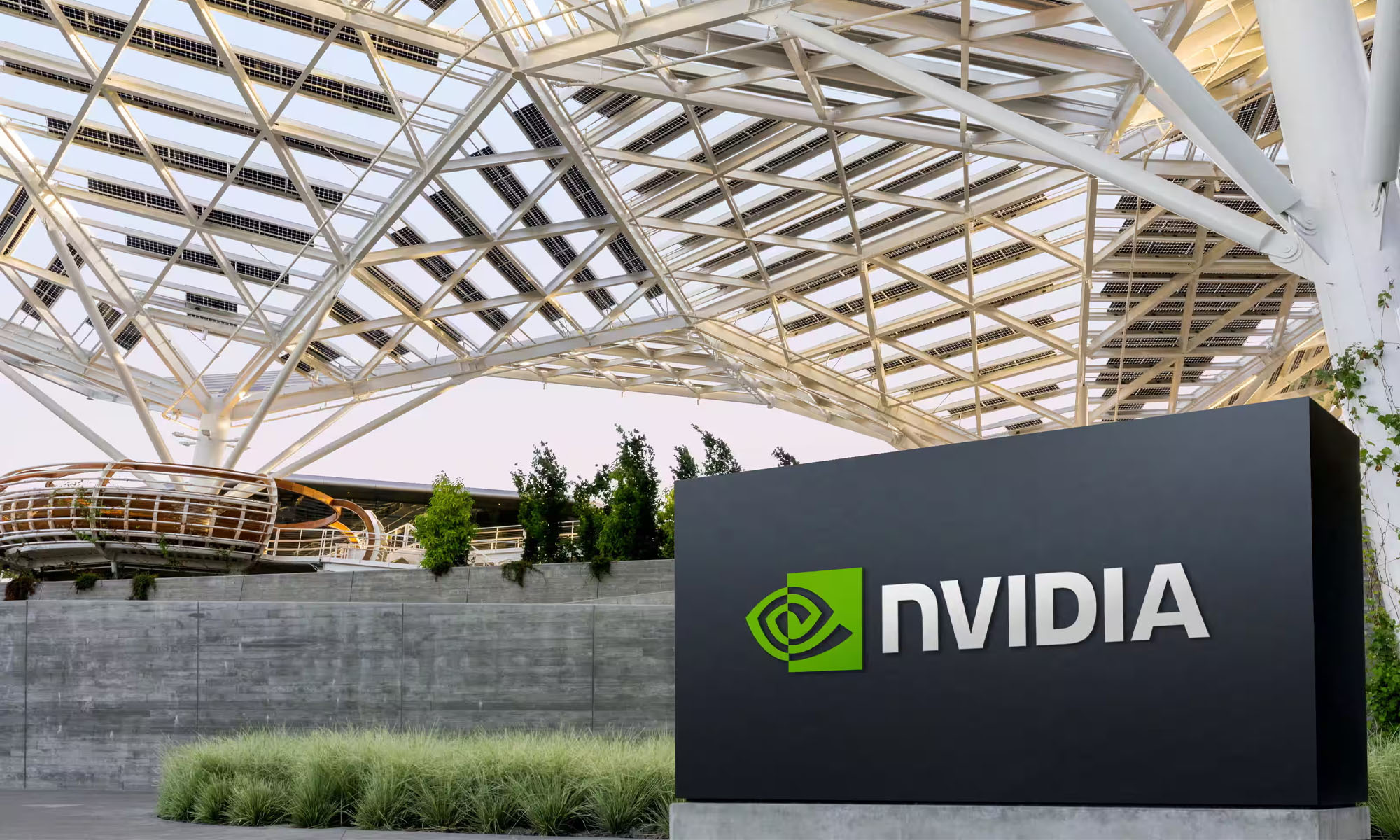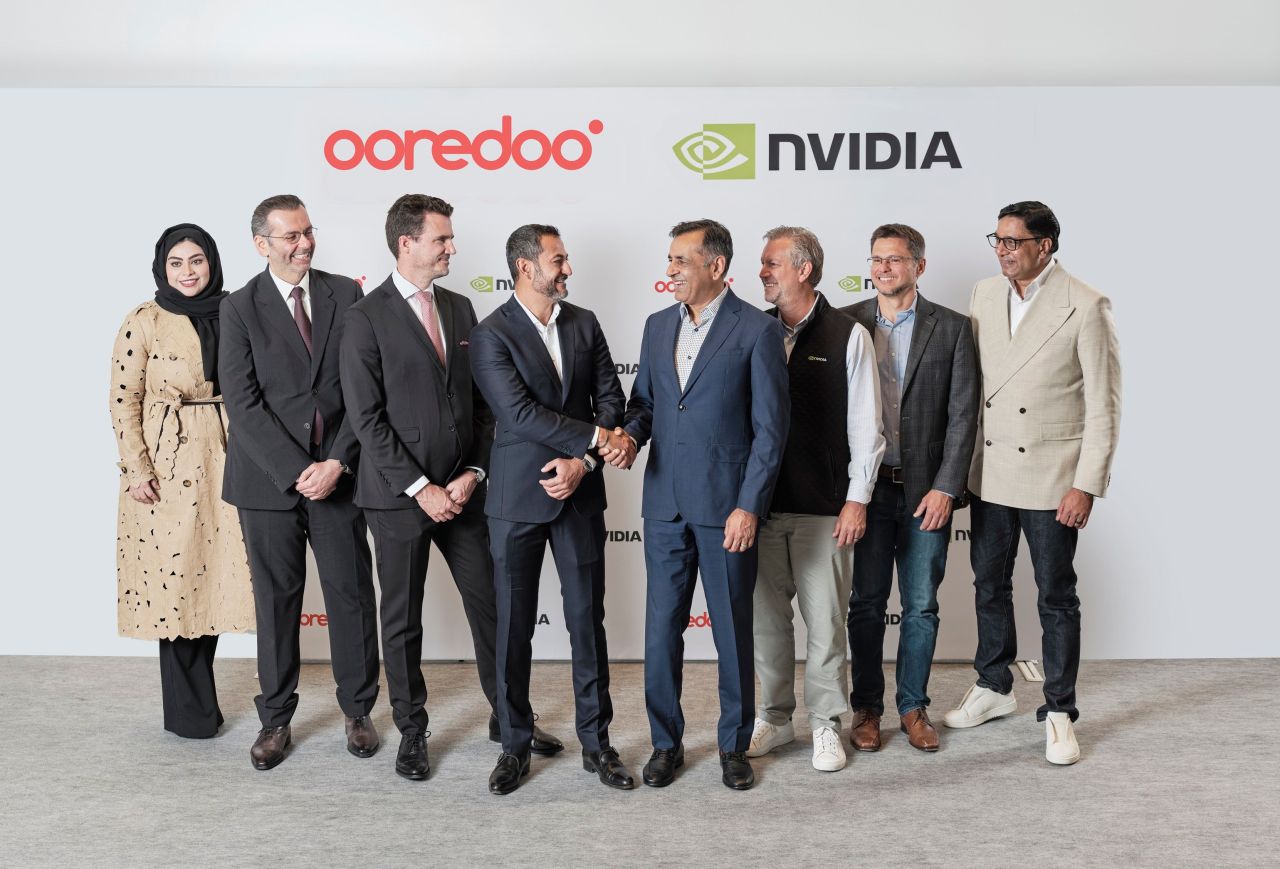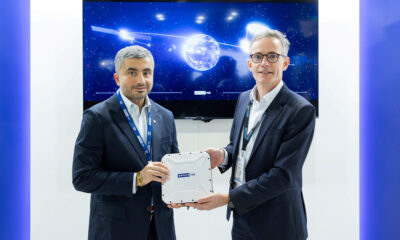News
NVIDIA Teams With Ooredoo For Large-Scale Middle East Launch
The move will give local customers access to cutting-edge generative AI technology and comes amid US curbs on chip exports to the region.

NVIDIA has agreed to a deal with Qatari telecoms group Ooredoo that will see the computing corporation’s artificial intelligence technology deployed at data centers in five Middle Eastern locations.
The expansion plans are NVIDIA’s first large-scale foray into a region where Washington has curbed US chip exports to prevent Chinese firms using Middle Eastern countries to gain back door access to cutting-edge AI technology.

Once plans are complete, Ooredoo will be the first company in the region able to offer clients direct access to NVIDIA AI and graphics processing. The telecoms firm currently has data centers in Algeria, Tunisia, Qatar, Oman, Kuwait and the Maldives, though no details have been released on the exact technologies that will be available in individual locations.
In a recent statement, NVIDIA’s senior vice president of telecom, Ronnie Vasishta, explained that the company’s technology will soon allow Ooredoo customers to deploy the latest generative AI applications. Meanwhile, Ooredoo’s CEO, Aziz Aluthman Fakhroo, explained in a recent interview that “B2B clients, thanks to this agreement, will have access to services that probably their competitors (won’t) for another 18 to 24 months”.
Also Read: The Most AI-Proof Career Opportunities In The Middle East
Neither company has disclosed the value of the deal, which was signed at the TM Forum in Copenhagen, Denmark, on June 19. However, we do know that Ooredoo will invest $1 billion to upgrade its regional data center capacity in the near future, while also partitioning its large undersea cable and fiber networks into a separate commercial entity.
News
Warner Bros. Discovery Invests In OSN Streaming To Expand MENA Reach
The move follows an exclusive deal between OSN and HBO in 2022 and its recent acquisition of a majority stake in music platform Anghami.

Warner Bros. Discovery (WBD) has acquired a stake in OSN Streaming Limited, a subsidiary of the OSN Group. The investment is part of WBD’s growing commitment to the Middle East and North Africa streaming market. The deal will be finalized in phases, pending regulatory approval.
For OSN, the partnership strengthens its leadership position in the region’s highly competitive streaming landscape. The company has been expanding its content portfolio through long-term partnerships, including an exclusive deal with HBO in 2022. Earlier this year, OSN also acquired a majority stake in music streaming platform Anghami, further diversifying its digital offerings.
Sheikha Dana Naser Sabah Al Ahmad Al Sabah, Group CEO of KIPCO and Chairperson of OSN, highlighted the importance of the partnership:
“We are delighted to be announcing this deal between WBD and OSN, which […] affirms the success of the strategy that KIPCO laid out to focus on and strengthen our streaming business, even in a competitive market environment. The transaction builds on OSN’s strong growth trajectory and market leadership in MENA’s streaming industry, strengthening its competitive position as one of the region’s premier entertainment destinations”.
Jamie Cooke, Executive Vice President & Managing Director for Central Europe, Turkey, and the Middle East at Warner Bros. Discovery, emphasized the importance of local content alongside global hits:
“It’s our goal to tell the greatest stories, whilst innovating our products and distribution channels […] We recognize that alongside enjoying the latest global hits, regional audiences also want stories from and about the region that reflect their own cultures and experiences. Through this deal, we’re delighted to announce that both OSN and Warner Bros. Discovery will invest in high-quality, locally produced content, ensuring a richer and more diverse offering for viewers”.
Also Read: Best Video Streaming Services In The Middle East
OSN Group CEO Joe Kawkabani echoed this sentiment, calling WBD’s investment a major milestone:
“We are thrilled to welcome WBD as a strategic partner. As a global leader in entertainment, WBD brings unparalleled expertise, innovation, and a rich portfolio of iconic brands. This investment is a significant milestone in OSN’s growth journey, reinforcing our dedication to delivering unique and compelling content. It also bolsters our commitment to expanding our investment in local content, broadening its reach beyond MENA to global audiences”.
WBD’s streaming services, Max and Discovery+, now boast nearly 117 million subscribers worldwide. The company’s increasing footprint in MENA is part of a broader expansion strategy that began with the opening of its Dubai office in 2012. Since then, WBD has steadily built its presence in the region, ensuring that MENA audiences have access to world-class entertainment.
-

 News3 weeks ago
News3 weeks agoExclusive: Honoring A Trailblazer In Advanced Technologies
-

 News2 weeks ago
News2 weeks agoSpace42 & Cobham Satcom Launch New Satellite Broadband Terminal
-

 News2 weeks ago
News2 weeks agoVernewell UK: Forging The Future Of Intelligence, Quantum, And AI
-

 News3 weeks ago
News3 weeks agoUAE-Based Hupe Unveils 3-Stage Health Optimization Program
















